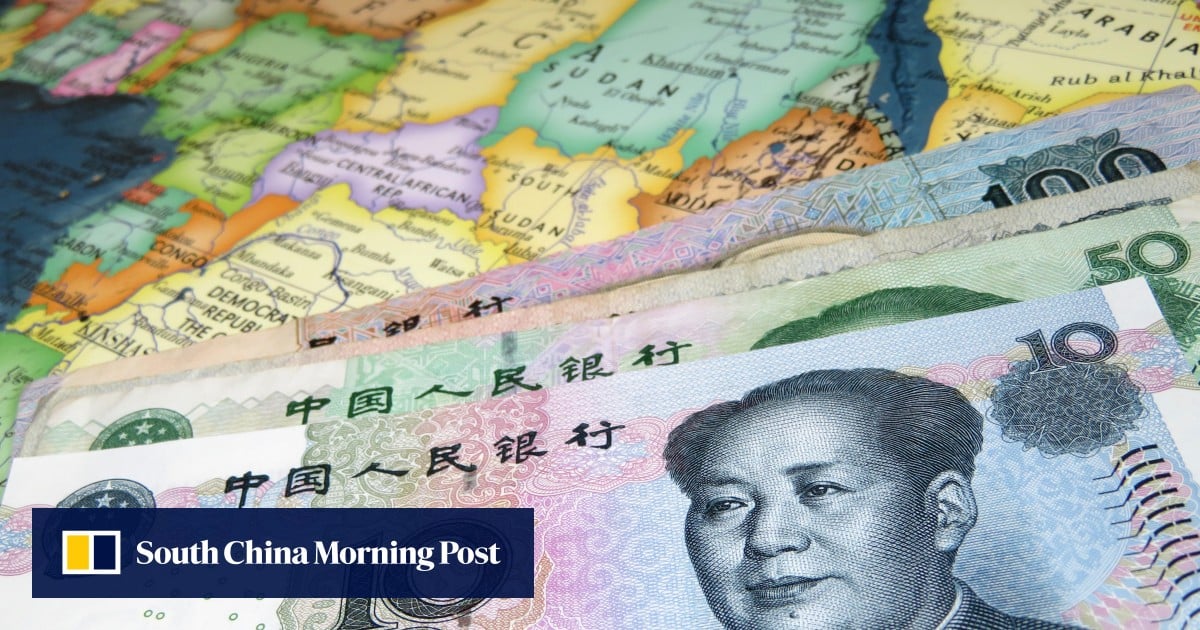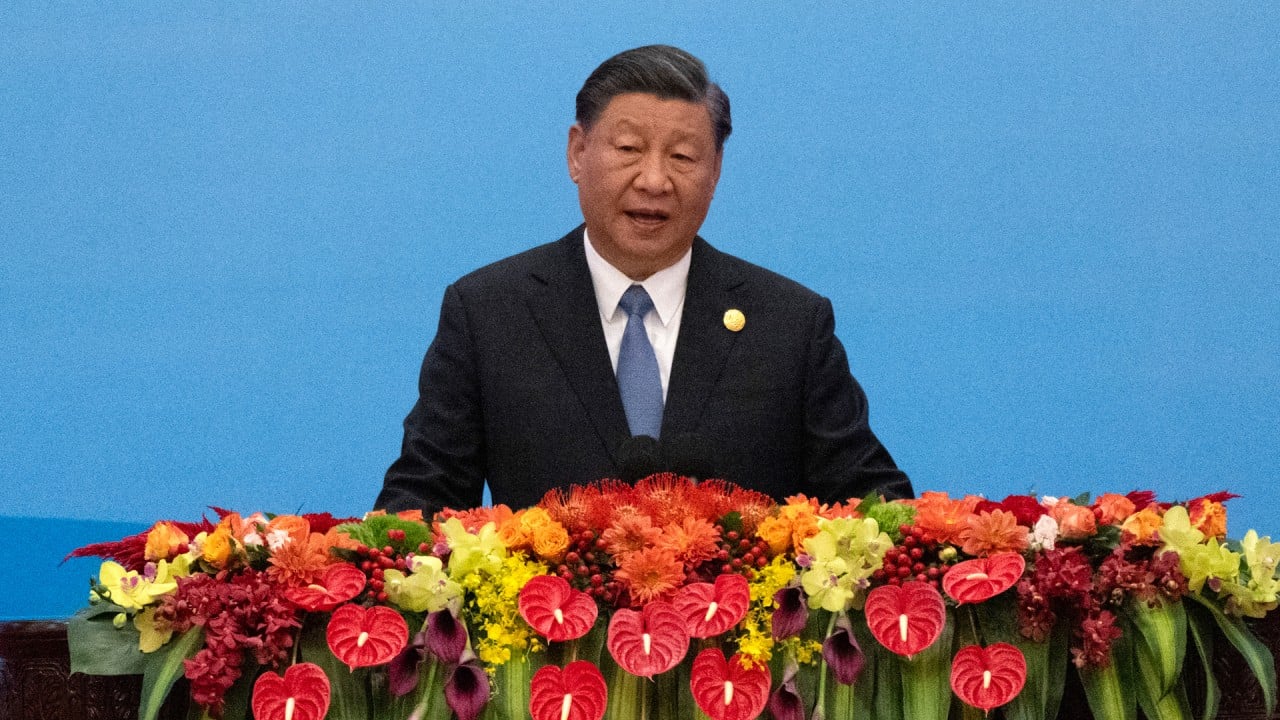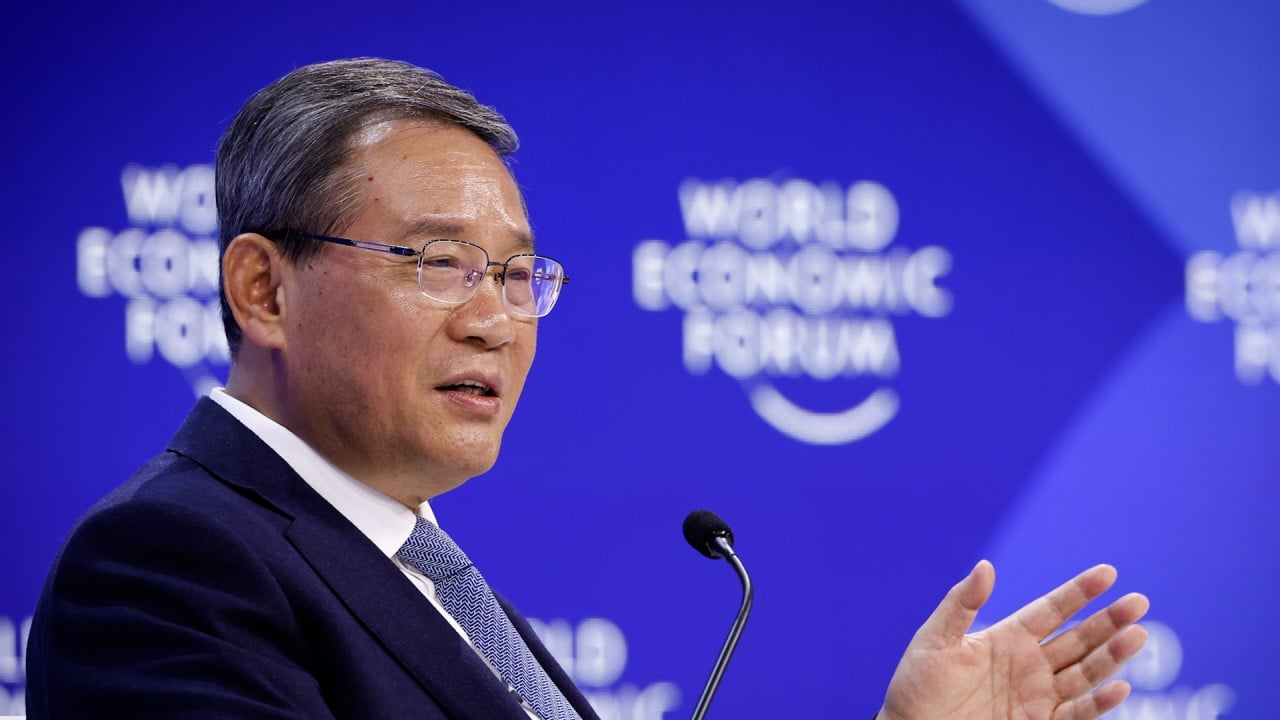“In fact, Bank of China is a local clearing bank and we will act responsibly and seriously and leverage our role in Zambia to help other African countries offer comprehensive products and services related to the RMB. “We look forward to assisting Zambia in promoting the use of the RMB in Zambia by providing bilateral trade and economic activities,” Lin said during his visit to Lusaka.
Lin’s visit follows Hichilema’s official visit to China in September, where the two countries agreed to expand trade using their currencies.
Zambia is Africa’s second largest copper producer, with most of it exported to China, the world’s largest copper consumer. However, Zambia defaulted on its external debt in 2020 and suffered financial difficulties.
The Chinese government has also encouraged the use of local currencies in African countries as part of its de-dollarization drive. It also promoted the issuance of cross-border renminbi-denominated “panda” bonds.
Kenya is also facing debt repayment problems and is considering issuing Panda bonds to finance the redemption of its $2 billion Eurobond due this year.
Encouraging the use of Chinese currency increases flexibility in China’s foreign policy
“Encouraging the use of Chinese currency gives China more flexibility in its foreign policy,” Robertson said. “Also, China may have to accept severely undervalued or overvalued US dollars from trading partners, thereby transferring currency risk from China to trading partners.”
Robertson explained that after issuing the Panda bond, Egypt faces currency risks from borrowing in Chinese currency. Similarly, Zambia took on currency risks by accepting Renminbi as payment for resources.
“There are good arguments for Egypt and Zambia. This is a reasonable diversification and would diversify the currency risk from primarily the US dollar to broader currencies,” Robertson said.
“In the future, the Fed will become a little less important and the People’s Bank of China will become a little more important.
“There is no doubt that China will increasingly pursue trade and debt issuance denominated in its own currency, induced by today’s lower interest rates in China than in the United States.”
Africa’s coup d’etat complicates China’s Belt and Road plan
Africa’s coup d’etat complicates China’s Belt and Road plan
Ali Khan Satchu, a sub-Saharan geoeconomic analyst, said strong tailwinds were driving greater adoption of the renminbi.
“This is an intolerable situation,” Sachu said, adding that this is prompting African countries to diversify their dollar exposure.
“It makes perfect sense to trade him.” [the yuan] It trades with its largest trading partner, China, which occupies most of the continent. Further recruitment is therefore a no-brainer. ”
Sachu also predicted more panda bond issuance by African countries.
“2024 will see an expanded presence of China’s largest state-owned bank in Africa and further growth of cross-border banks between China and Africa.” [yuan] Settlement Arrangement. It will also be important to watch how African banks’ connections with China grow,” Green said.
The China-Africa cross-border RMB clearing center will open in Zhejiang province in mid-2023, making Mauritius now the third Chinese currency clearing center in Africa after South Africa and Zambia.
“A new agreement involving China’s central bank and state-owned commercial banks could be aimed at growth.” [yuan] It will be used for cross-border trade payments between China and Africa,” Green said.
“One thing to watch for in 2024 is the signing of bilateral currency swap agreements between China’s central banks and African central banks. These agreements will facilitate greater outcomes. can be used for [yuan] Use for cross-border trade and finance. ”
In Nigeria, politicians are reportedly working to revive a 2018 bilateral currency swap agreement with China’s central bank.
In August, Standard Bank, South Africa’s largest financial institution, and Industrial and Commercial Bank of China, China’s largest state-owned bank, renewed a long-standing partnership to promote the use of the renminbi in 15 African markets.
Green said many emerging countries are pursuing policies aimed at increasing the use of local currencies in cross-border trade payments.
“In some jurisdictions, officials believe such policies could reduce domestic demand for dollars and…help address local currency depreciation and exchange rate risks,” he said. .
“There is also a desire in some countries to build financial infrastructure that is more resilient to economic sanctions from the United States and Europe.”


